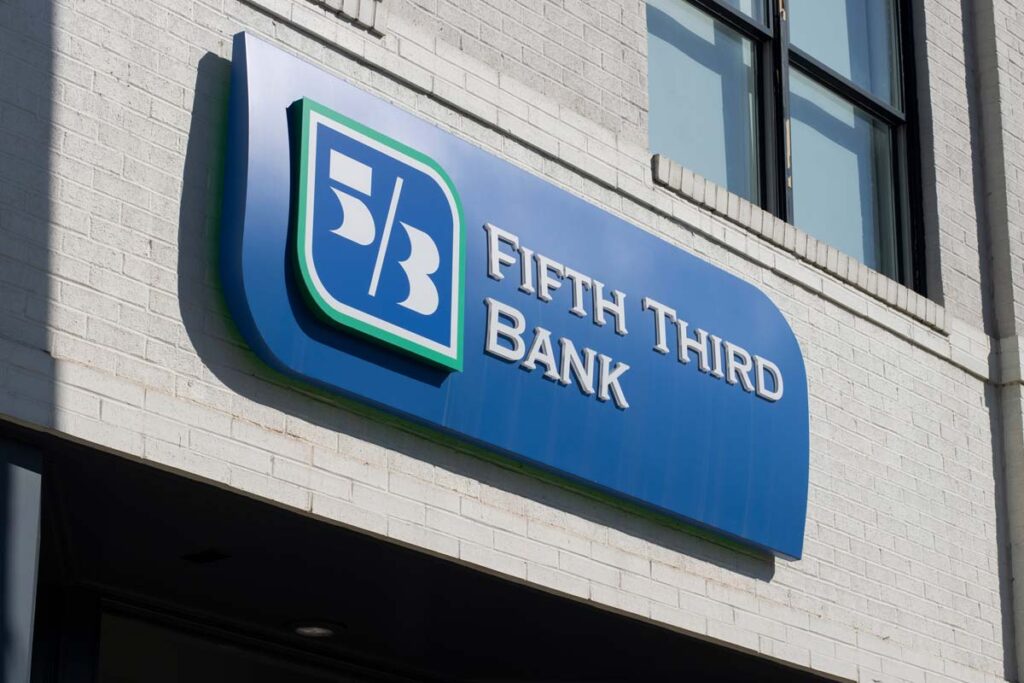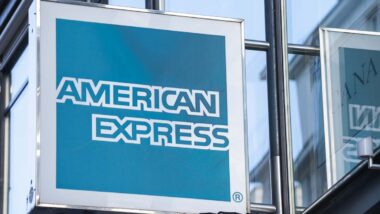
Fifth Third class action lawsuit overview:
- Who: Nicole M. Milles, Rhonda D. Knight and Jeffrey Knight filed a class action lawsuit against Fifth Third Bank NA.
- Why: The plaintiffs claim Fifth Third charges unfair fees to individuals on the receiving end of checks that bounce.
- Where: The class action lawsuit was filed in Ohio federal court.
Fifth Third Bank NA charges unfair fees to individuals on the receiving end of bounced checks, a new class action lawsuit alleges.
Plaintiffs Nicole M. Milles, Rhonda D. Knight and Jeffrey Knight claim Cincinnati-based Fifth Third acts in a manner that is “unfair, oppressive and is against public policy” by charging the return deposit item fees.
“By charging these return deposit item fees, Fifth Third unfairly targeted its customers with financial penalties for faulty checks the customers had no hand in issuing,” the class action states.
The plaintiffs want to represent a nationwide class and Illinois subclass of all individuals who had or have an account with Fifth Third and who were charged return deposit item fees by the bank.
Fifth Third should have known checks were bad, class action claims
Fifth Third knows or should know whether a check is going to bounce prior to depositing it, according to the class action lawsuit, which cites recent alleged guidance from the Consumer Financial Protection Bureau (CFPB) it says reaffirms the unlawful nature of the fee policy.
“In October 2022, the CFPB issued a compliance bulletin stating that it is an unfair act or practice for an institution to have a blanket policy of charging return deposit item fees anytime a check is returned unpaid,” the class action states.
The plaintiffs claim Fifth Third is guilty of unjust enrichment, breach of the implied covenant of good faith and fair dealing and violations of the Illinois Consumer Fraud and Deceptive Business Practices Act.
They demand a jury trial and request declaratory and injunctive relief and an award of actual, consequential, punitive, statutory and treble damages for themselves and all class members.
A pair of consumers filed a similar class action lawsuit against Bank of America over claims the bank wrongfully charges a fee to customers who deposit checks that bounce.
Has Fifth Third charged you a return deposit item fee? Let us know in the comments.
The plaintiffs are represented by Christoper Wiest of Chris Wiest, Atty. At Law, PLLC and Lisa R. Considine and Oren Faircloth of Siri & Glimstad LLP.
The Fifth Third class action lawsuit is Milles, et al. v. Fifth Third Bank NA, Case No. 1:24-cv-00186, in the U.S. District Court for the Southern District of Ohio.
Don’t Miss Out!
Check out our list of Class Action Lawsuits and Class Action Settlements you may qualify to join!
Read About More Class Action Lawsuits & Class Action Settlements:
- AmEx class action claims company shares credit card applicant data with Facebook
- Bank of America class action claims bank failed to send statements yet enforced debts
- Wells Fargo hit with recent class actions, agrees to settlement
- UFB class action claims bank’s high-yield accounts pay below current interest rates















11 thoughts onFifth Third class action claims bank charges fees for deposited checks that bounce
I’ve had a small business for 17 years and have had issues with this.